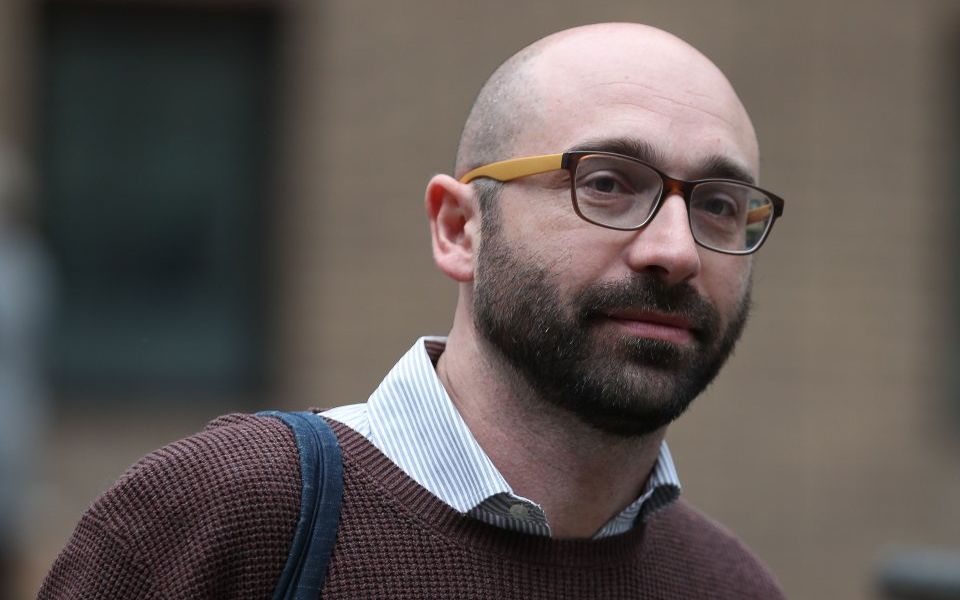The system was flawed, says lawyer acting for trader accused of Euribor rigging

The barrister defending a former Barclays trader accused of taking part in a conspiracy to rig the Euro Interbank Offered Rate (Euribor) has said the system was "flawed" and that his client never acted dishonestly.
Sean Larkin QC is defending Carlo Palombo against accusations of rigging the interest rate relied on by a number of banks for his own commercial gain.
He stands accused of the crime along with Sisse Bohart, Colin Bermingham and Philippe Moryoussef, all formerly of Barclays, and Achim Kraemer, who still works for Deutsche Bank. Moryoussef has decided not to attend the trial.
The Serious Fraud Office (SFO), which is prosecuting the case, has accused the traders of conspiring with Euribor submitters on the cash desk by asking them to submit low or high rates that would favour the deals they had on their books, thereby manipulating the rate and causing losses to other parties.
Speaking to the jury at Southwark crown court, Larkin said there were no rules forbidding the traders from asking for rates that might be preferential to them.
The SFO has said traders were allowed to speak to submitters to understand "market colour" but that making specific requests for certain submissions for certain rates was forbidden.
"Think about that," Larkin said. "What are the cash desk going to do with that information when you are effectively saying, 'I will benefit from a high today'? You are telling them your position but you're not allowed to ask them."
Larkin said that resembled a scenario in which an older brother could tease his younger brother about the deliciousness of an ice cream but then expect him not to ask for any.
"That is not the real world," he said. "The cash desk was dealing in cash and that affected their view of what would be good for the bank.
"Nobody said you can't talk to the cash desk," he continued. "Mr Palombo was encouraged to speak to the other desks. Nobody said: 'You can't do this.' Everybody was doing it."
Larkin went on to say that "no guidance" was given to traders on what they should do when confronted with a range of rates to put to the market and that Barclays never set out its own policy.
He said Palombo "had never traded profitably" and had missed his £2m target.
"Mr Palombo has bent over backwards to assist you and all he asks, having travelled here from the United States, is for you to assess him fairly by the evidence," he said. "When you do that we suggest there can be only one verdict and that is not guilty."
The trial continues.